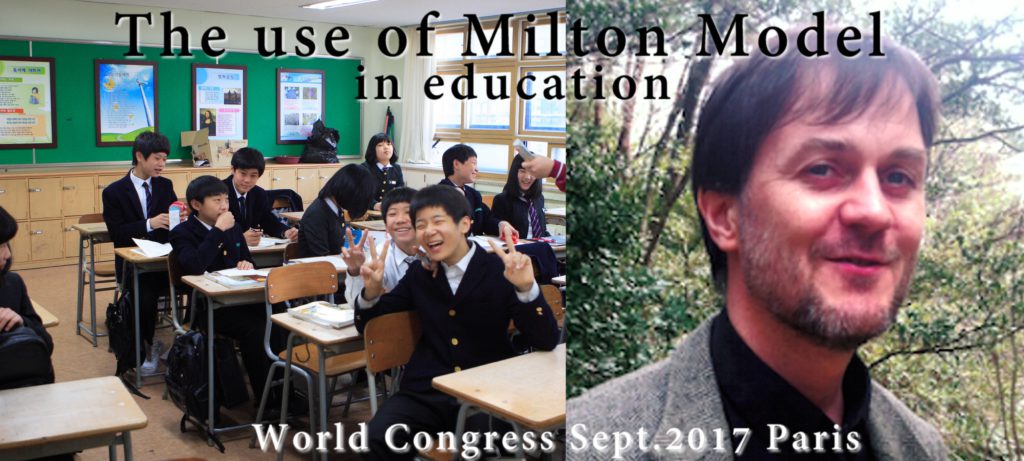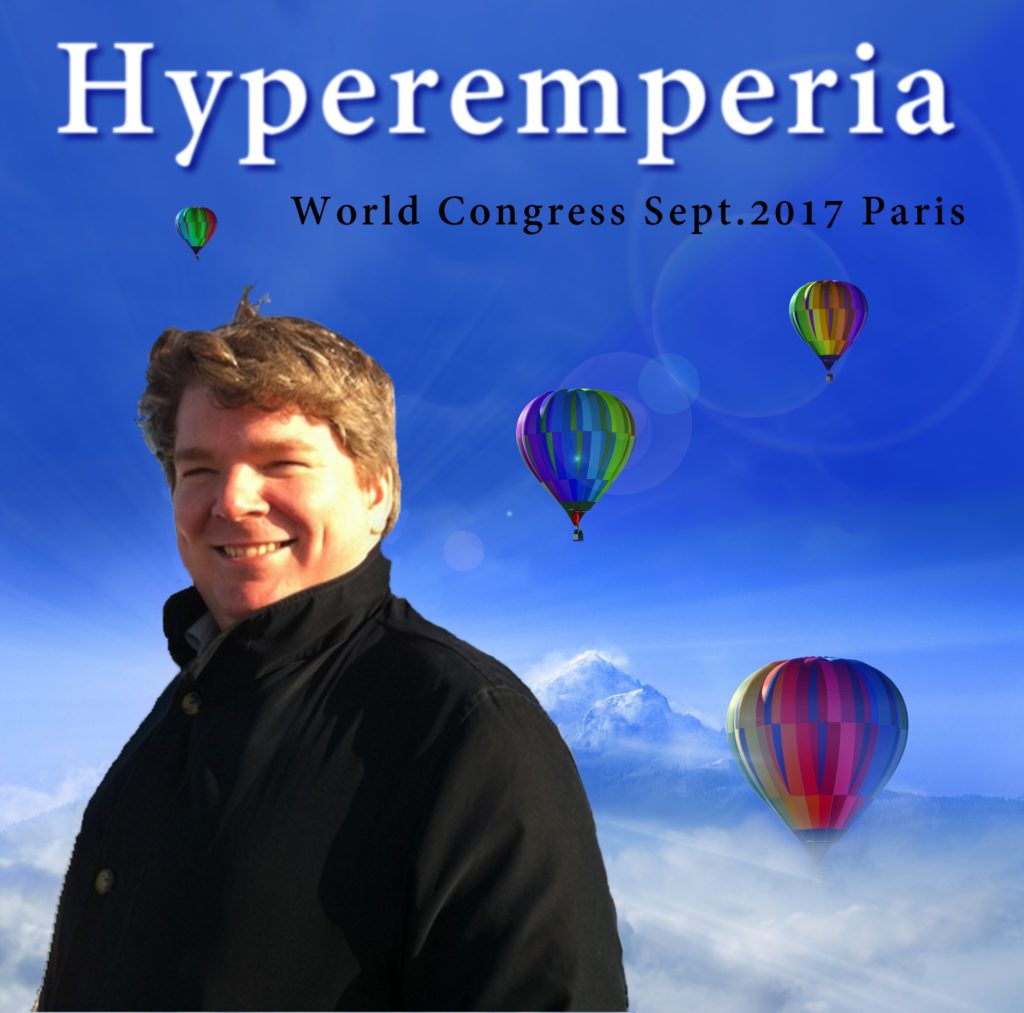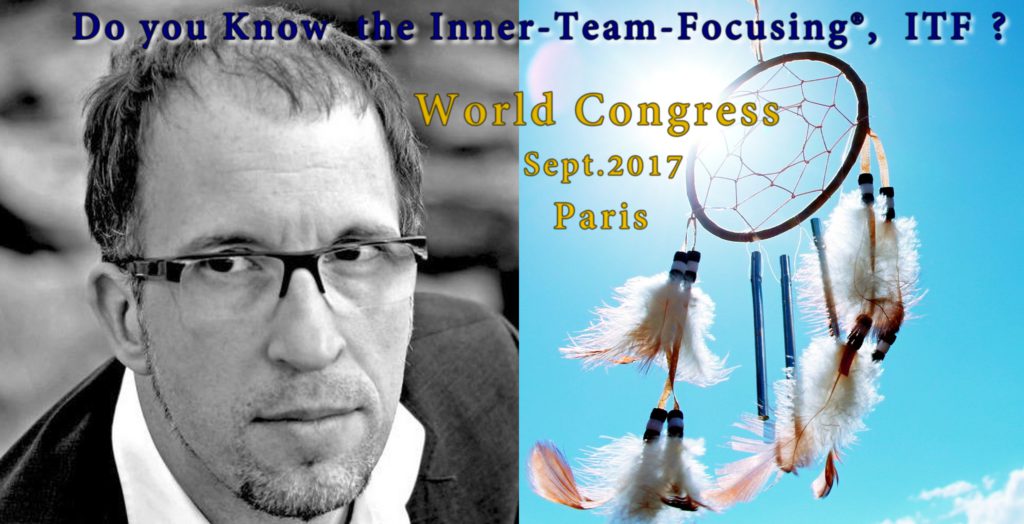
How do you like to learn? As soon as we were born, our brain is feeding itself from new information and new learnings. Learning mechanisms remain actives and keep on growing whilst motivation is sometimes diminishing over time. We tend to lose our creativity, our self-confidence, and we are sometimes becoming less cheerful. Some of us tend to find that learning is becoming more and more difficult, and we sometimes suffer from it. So, why so many of us, find difficulties when comes the time for learning new things, when learning should be a source of pleasure, as it used to be? For example, learning a new language was wonderful, learning how to count, learning new stories, learning to learn…
Many studies carried out within Japanese universities show that the language used to teach, is one of the determining elements and it is directly related to our motivation. Obsolete learning models are always the ones that are practiced, to the detriment of our ecology. As therapists, parents and teachers, we can easily implement a more effective way of communication, so our children and ourselves can rediscover the taste of learning within the discovery field.
In this conference, you will learn: Linguistic models for installing positive belief in learners’ minds, in an easy way.
Brian Cullen runs a training and help centre in Nagoya, in Japan. The means of communication he has set up, are based on Japanese Universities studies, carried out on Ericksonian Approaches.
Register here, for the World Congress, from the 8th to 10th of September 2017 in Paris.




